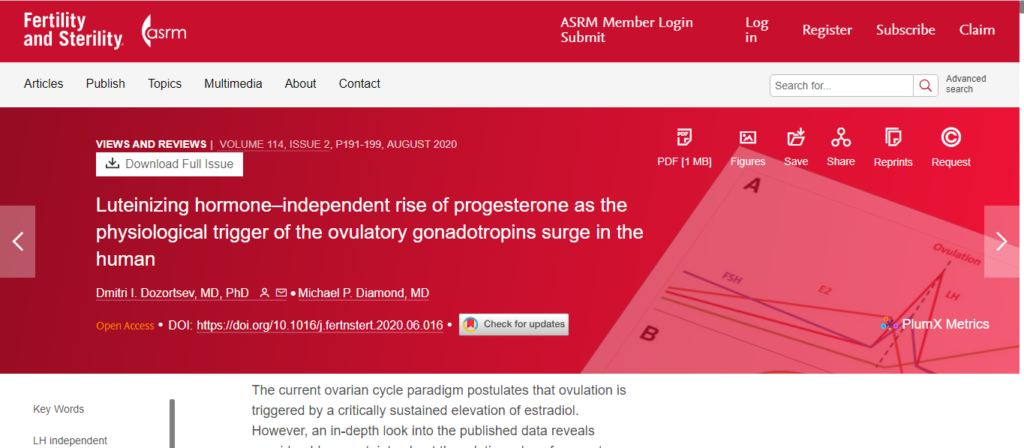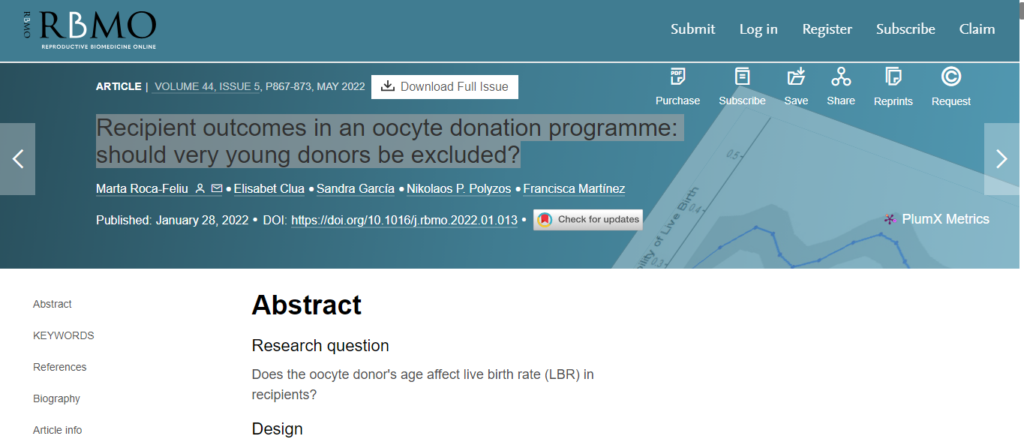Caffeine consumption can have a negative impact on fertility, but as with most things, it can be ok in moderation.
When it comes to conception and pregnancy, one of the biggest questions that couples often ask is about their caffeine intake. Popular opinion seems to say that it can be dangerous, but the internet is full of so many recommendations about what to do and what not to do when trying to conceive that it can be hard to know what to believe.
Read on to learn the truth about caffeine and pregnancy.
So, Is Caffeine Really a Problem?
Yes and no. When it comes to caffeine consumption — whether from coffee, tea, soda, or any other beverage — popular opinion is correct. Though small amounts of caffeine (under 200mg a day) don’t seem to have a significant impact on conception and pregnancy, larger quantities do. That is true no matter which partner is consuming the caffeine.
At this point, experts have not yet determined exactly how caffeine impacts fertility, but several studies have shown that a clear link is present. Not only do couples who consume larger amounts of caffeine while trying to conceive often take longer to get pregnant, there is also an increased risk of early miscarriage for couples who drank caffeine at any point before or after conception.
In fact, a 2016 study found that when either partner in a couple drank three or more cups a day of caffeinated drinks before pregnancy, the woman was almost twice as likely to lose the pregnancy early on.
For couples undergoing in-vitro fertilization treatment (IVF), it is even more important that they stay away from caffeine. According to a 2002 study, it is recommended that couples undergoing IVF reduce their caffeine intake to 50mg.
For couples not undergoing IVF, it seems that fertility is not impacted if caffeine consumption is limited to under 200mg a day. In fact, it is recommended that people who are dependent on caffeine not go completely cold turkey as soon as they start trying to conceive. A complete lack of caffeine is likely to lead to other problems, like caffeine rebound headaches. It is better for your fertility to have a cup of coffee every day to prevent those symptoms than to cut out caffeine and take medications to treat the symptoms.
How to Reduce Your Caffeine Consumption
Curbing your caffeine intake can be challenging, but there are a few tips that can help make the transition easier.
First, try trading out your coffee for low-caffeine tea or other herbal options. Second, try supplementing your low-caffeine intake with other healthy lifestyle choices. Anyone of childbearing age who is considering pregnancy should maintain a healthy lifestyle and diet. Given that exercise and healthy eating helps many people feel more energized. If you are dependent on caffeine, making changes to your habits can help you adjust to your lower caffeine consumption rate more smoothly.
If you are interested in learning more about how your lifestyle choices might be impacting your fertility, or if you want guidance on what changes you can make to improve your chances of successful conception, you can make an appointment to speak to a fertility specialist at AFCT. We are here to help guide you through your fertility journey.



